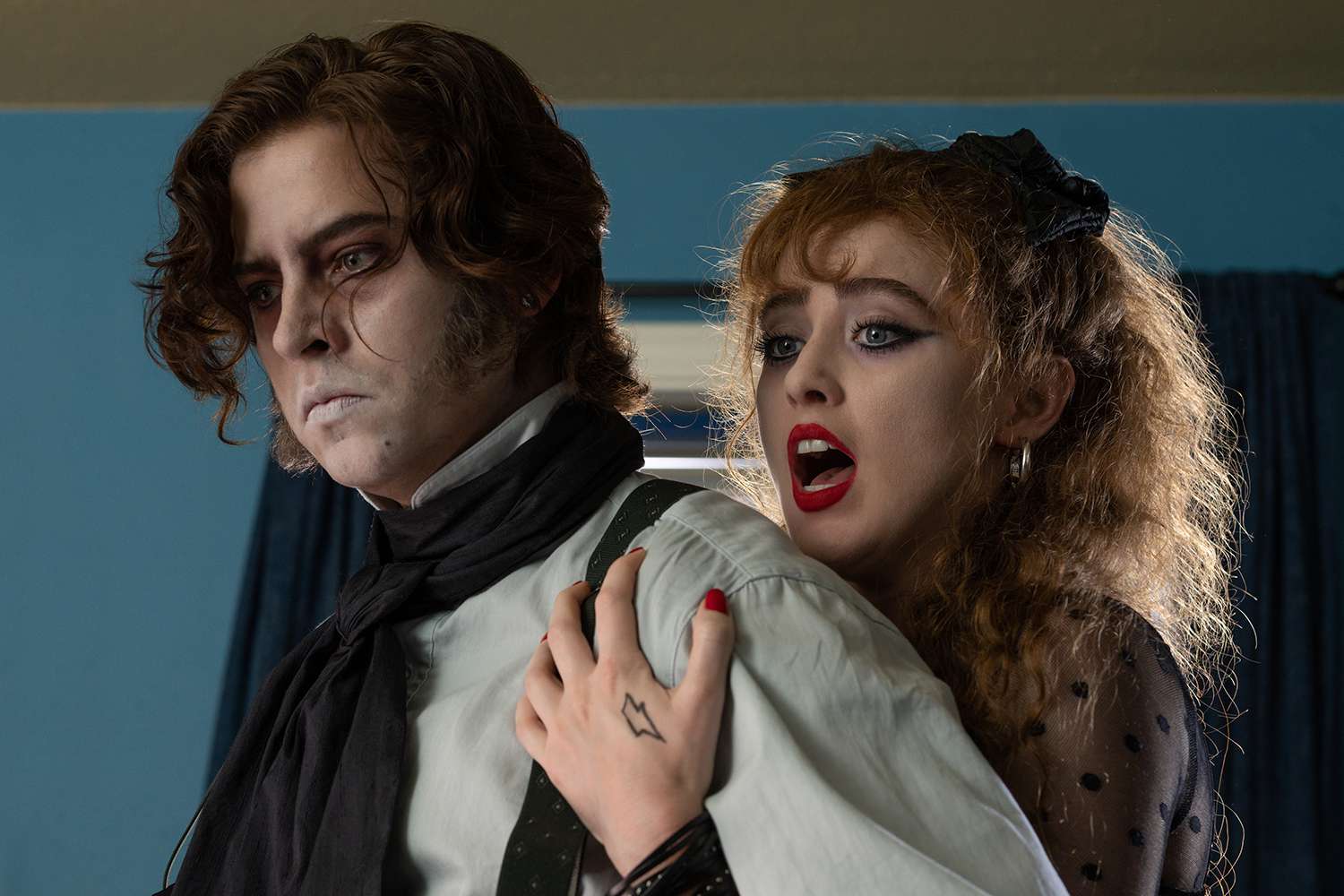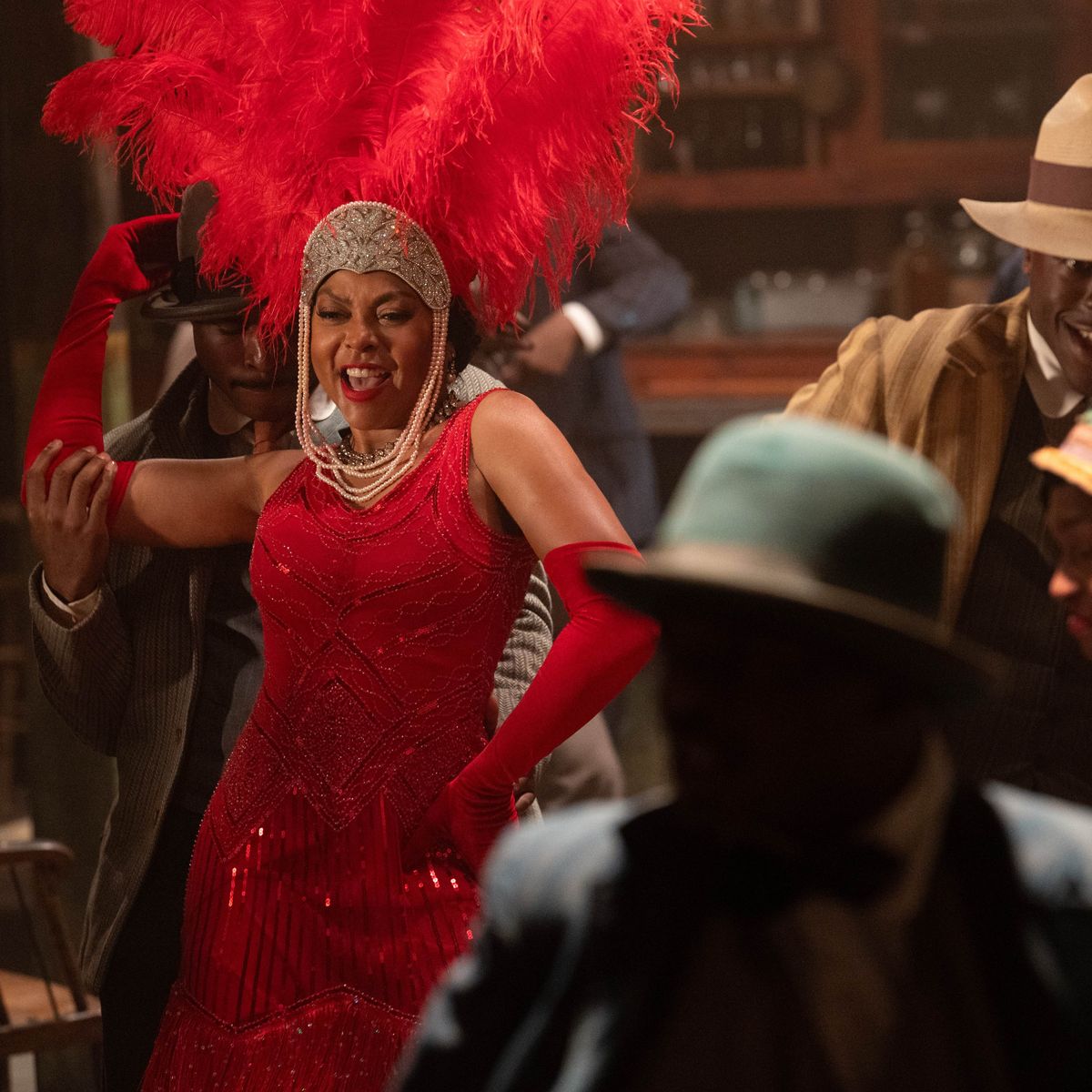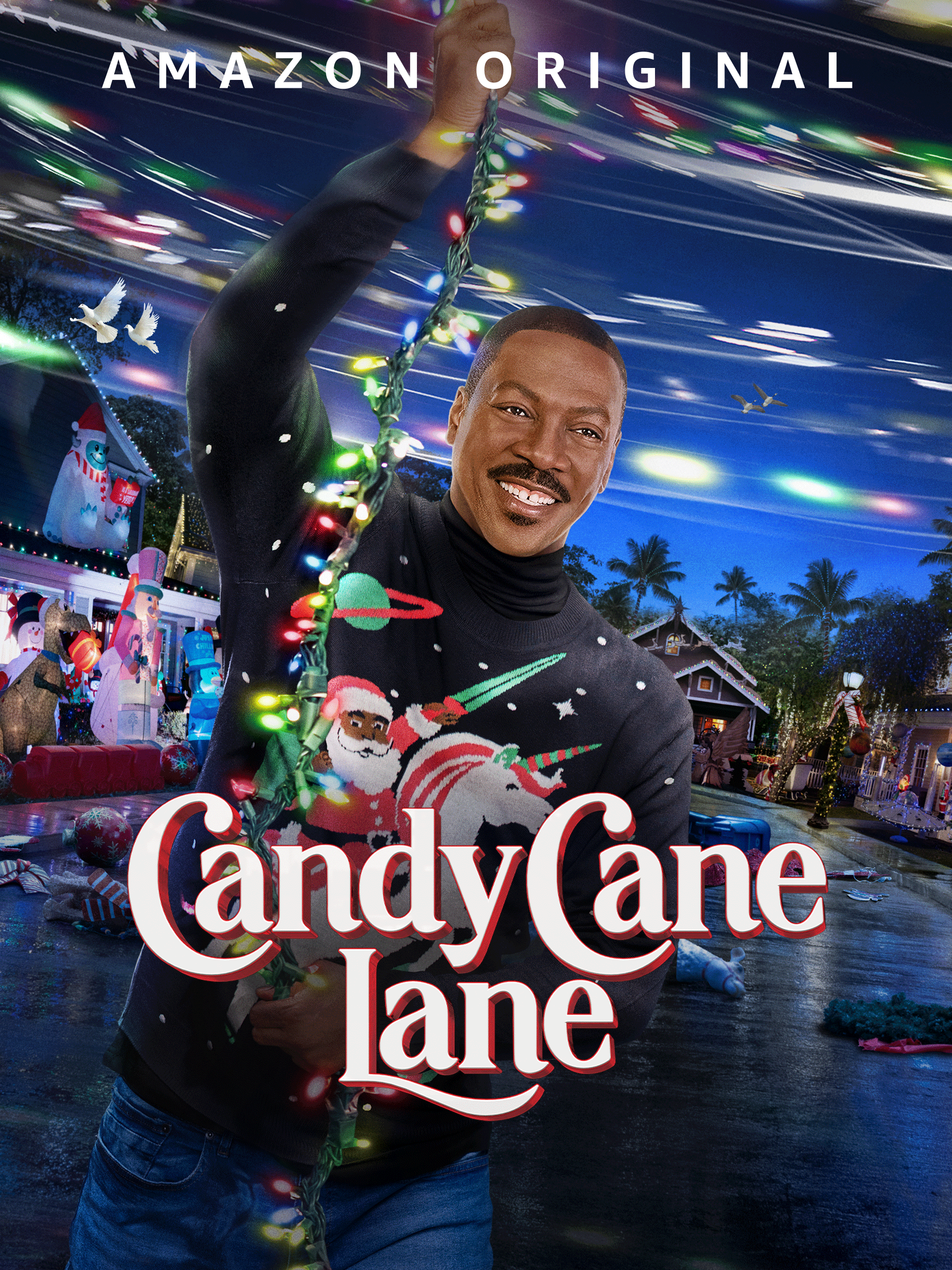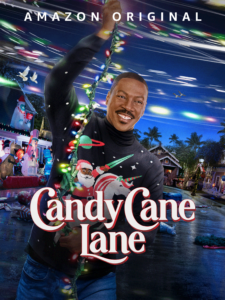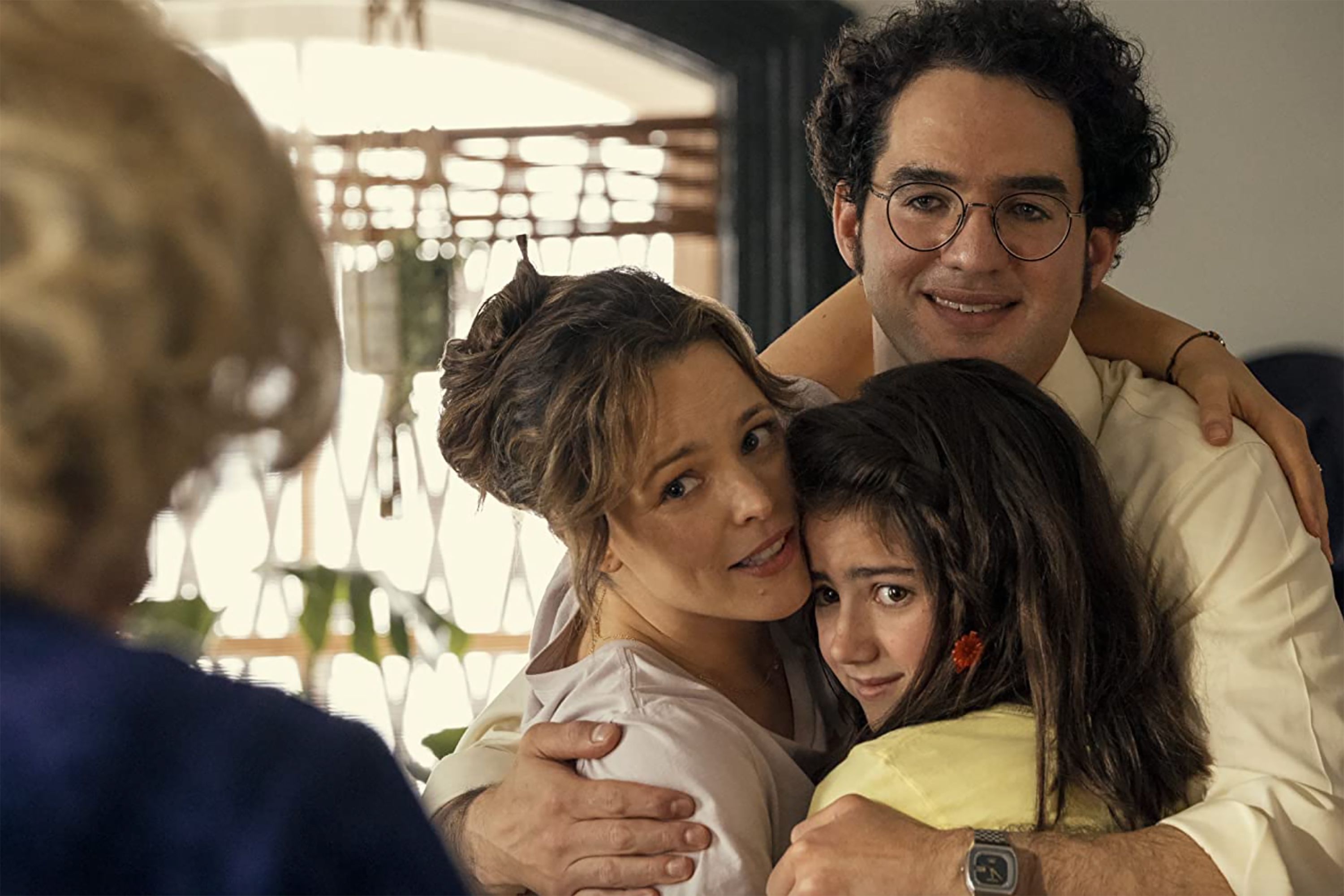My Spy: Eternal City
Posted on July 18, 2024 at 5:14 pm
C| Lowest Recommended Age: | High School |
| MPAA Rating: | Rated PG-13 for violence/action, some strong language, suggestive references, teen drinking, and a nude sculpture |
| Profanity: | Strong language for a PG-13, f-word, s-word |
| Alcohol/ Drugs: | Some alcohol |
| Violence/ Scariness: | Extended action-style violence, chases, explosions, guns, knives, punches, near-drowning, torture, attempted murder |
| Diversity Issues: | Diverse characters |
| Date Released to Theaters: | July 19, 2024 |
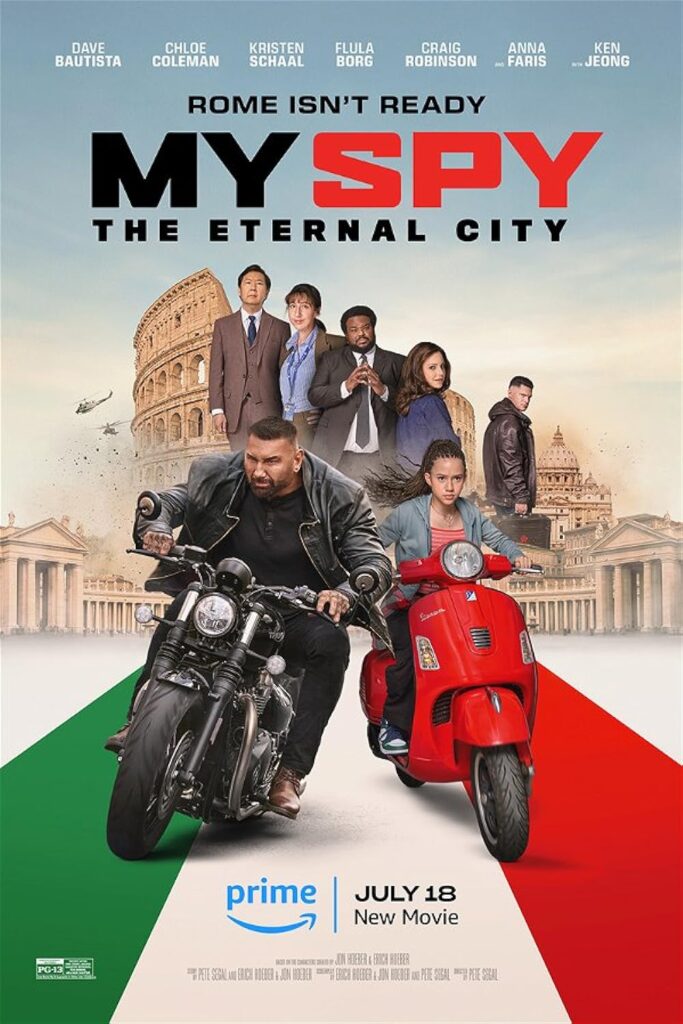
Four years ago, the original “My Spy” was a familiar but mildly entertaining story about a cute 9-year-old teaming up with a gruff fighting machine, five tours in special forces CIA field agent. I questioned at the time why a movie about a 4th grader would be rated PG-13 for violence. That is an even bigger problem for the sequel, with Sophie (returning Chloe Coleman) now a 14-year-old in high school, and material that is too intense and inappropriate for young children but not interesting enough for teens and adults.
The first film matched up a fierce, all-but-emotionless tough guy who survived five tours of duty in special forces with an adorable little girl who wants to be a spy. Needless to say, no contest and — spoiler alert! — he’s pretty much a marshmallow (maybe one burnt around the edges) by the end of the movie. This one tries for the same kind of mixed match-up. The marshmallow, now the not-so-little girl’s step-dad, is up against something as daunting as a fighting machine veteran of special forces: adolescence.
Normally, I put this information at the end of the review, but because there is such a disconnect between the intended audience for “My Spy: Eternal City” and the content, I want to put it up front. This movie has some very strong language, a close-up of very accurate male genitals knocked off a statue, an adult woman advising a 14-year-old to use a lot of tongue in kissing and then (intended to be humorous) demonstrating by kissing her boss, jokes about menopause, a woman making an ugly joke insulting a male colleague about his (reference to a female body part), plus, of course, a lot of action-style violence with chases, explosions, shoot-outs, the inevitable comic crotch hit, a reference to suicide, a reference to mass killing, a near-drowning, knives, punches, torture, and terrorism, including a bomb under the Vatican. There is an extended scene where dozens of attacking little birds are sliced up into tiny pieces and it is supposed to be amusing. Not to spoil anything, but if there was a website called doesthefishdie.com, this movie would be on it.
Dave Bautista returns as JJ, the tough guy who is now a doting step-dad who loves cooking, his beloved fish from the first film, Blueberry, and spending time with Sophie who is continuing her training to be an agent. Her mother is in Rwanda on a humanitarian mission so it is just the two of them at home.
As anyone who has ever been or lived with a 14-year-old or watched “Inside Out 2” knows, that is a difficult time for everyone. Sophie tells JJ he is NOT her dad and that she now has other interests that go beyond mastering spy craft and training to become a fighting machine. The interest occupying her attention is Ryan (Billy Barratt) a jock with an angelic voice and something of a Justin Bieber vibe. They sing together in the school choir, which has been selected to perform in Venice, Florence, and at the Vatican. JJ, wanting to stay close to Sophie, volunteers to be a chaperone.
Also on the trip is Sophie’s shy friend and BFF, Collin (Taeho K), basically in the Duckie role here. Coincidentally, Collin thinks his dad (Ken Jeong as David Kim) is a pediatric nurse, but in reality he is JJ’s boss at the CIA. Once they get to Italy, there is a chaotic collision of teen misbehavior and terrorism as some very bad people are getting access to some very bad bombs. In fairness, there is also some very lovely choir music and Venice, Florence, and Rome are all beautiful.
Coleman is still an appealing young performer but the switch from a child softening the heart of the tough guy to the dad trying to stay close to his daughter does not work as well. Bautista looks tired, and the script doesn’t help, getting him beat up over and over. This sequel is a superfluous and unnecessary IP extender, which might be okay if it wasn’t creating a problem for parents who have to explain to eight-year-olds why they should not see it.
Parents should know that this film has very strong language, a close-up of very accurate male genitals knocked off a statue, an adult woman advising a 14-year-old to use a lot of tongue in kissing and then (intended to be humorous) demonstrating by kissing her boss, jokes about menopause, a woman making an ugly joke insulting a male colleague about his , plus, of course, a lot of action-style violence with chases, explosions, shoot-outs, the inevitable comic crotch hit, barfing, a reference to suicide, a reference to mass killing, slaughter of attacking birds and killing of a beloved pet, a near-drowning, knives, punches, torture, and terrorism, including a bomb under the Vatican.
Family discussion: Why did Sophie like Ryan? Why didn’t David tell his son the truth? Were you surprised at who was behind the terrorism?
If you like this, try: “My Spy,” “The Spy Who Dumped Me,” and “Spy”


